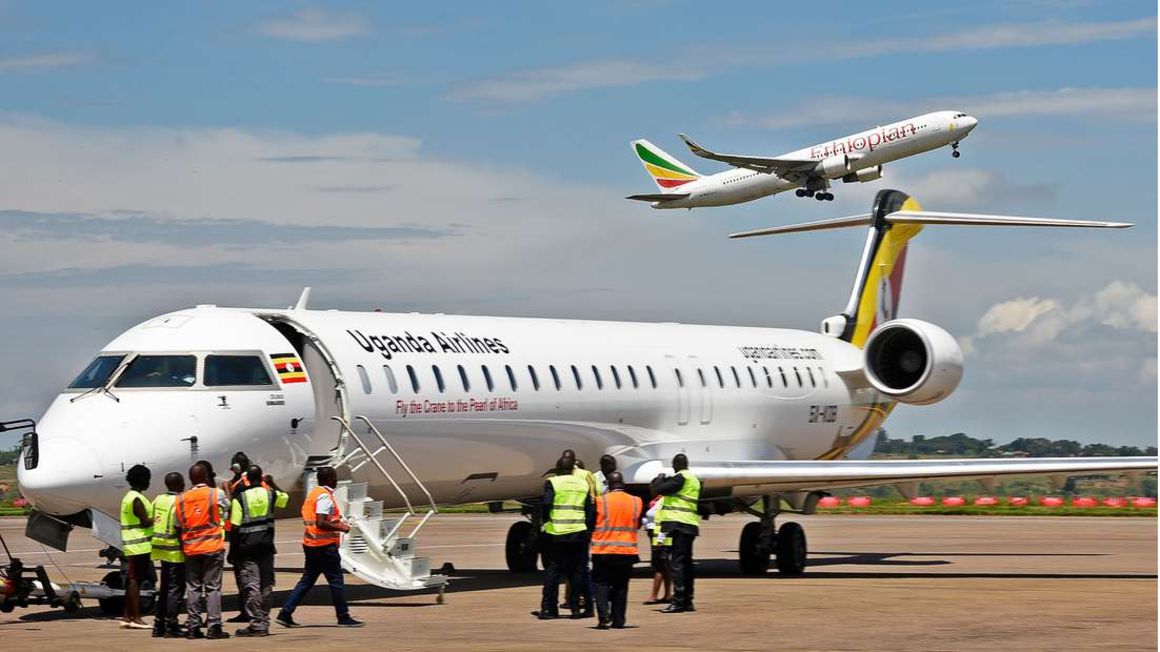Shocking reports have emerged on how Uganda could end up losing Entebbe Airport over a multi-billion loan it got from China. China has however stated that it is not interested in taking over Entebbe Airport. The big question all through has been on how Uganda could have given up the airport to a foreign nation.
A report that appeared in The East African newspaper which is published by the Nation Media Group explains that Uganda’s aim was to expand the airport to a capacity of 150,000 operations per year. “On March 24, 2015, Finance minister Matia Kasaija asked Parliament to approve a $325 million loan from Exim Bank of China for the expansion works on the airport. The money was approved, and the works started in January the following year. Addressing the MPs, Mr Kasaija said it was the best offer available and that they had to take it very quickly,” the report said.
However, the report said, the Uganda Civil Aviation Authority (UCAA) managers feeling uncomfortable with some clauses of the loan agreement raised red flags. This was as construction works were ongoing.
“Some 13 clauses were deemed unfriendly and as good as mortgaging the airport and eroding the country’s sovereignty. The most troubling for the aviation bosses was a clause that gave Exim Bank the sole authority to approve withdraws of funds from the UCAA accounts,” the report said. “The bank also had the power to approve annual and monthly operating budgets, which it could reject, and the rights to inspect the government and UCCA books of accounts. The China International Economic and Trade Arbitration Commission (CIETAC) in Beijing also had the mandate to resolve disputes.”
Air Tanzania resumes daily Kenya flights after 20-year break
The report by the East African added that a team led by former envoy to China Dr Crispus Kiyonga in 2019 was told outrightly that there would not be any amendment to the loan agreement.
Thereafter, the country’s planning Minister Amos Lugoloobi admitted that the loan was poorly negotiated and signed but that the ministry has put in place stringent measures, including setting up an entire department to ensure loans are closely monitored so that the country does not slip into debt distress.
“In the unlikely event that UCAA were to fail to generate sufficient revenue to service the loan, the central government will step in,” the country’s finance ministry said.










